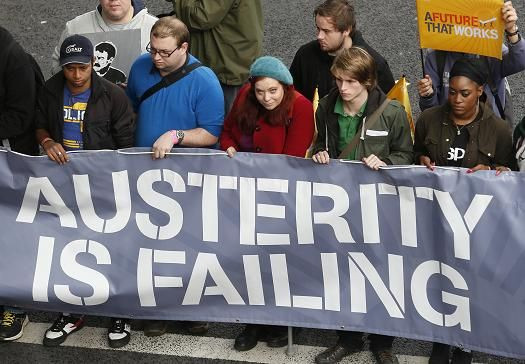Incomes Disappear For 8% Of Those Living In G-7 Wealthiest Nations Amid Coronavirus Pandemic

KEY POINTS
- Confidence in whether governments can be expected to make the right decisions fell from 59% in March to 54% in April
- 21% said they expect life to get back to normal by June
- 8% said governments had gone too far in trying to stem spread of the pandemic
Eight percent of people in Group of Seven countries have lost their incomes as a result of the coronavirus pandemic, and half of those queried don’t expect life to return to normal until the fall or later, a study released Friday by data and insights company Kantar indicated.
The study, which queried more than 7,000 adults online in the U.S., Canada, France, Germany, Italy, Japan and Great Britain April 9-13, indicated more than a third (36%) said governments had put too much emphasis on reopening their economies and not enough on protecting people’s health with 19% expressing the reverse.
The study came as worldwide infections approached 2.2 million Friday and deaths topped 146,300.
Confidence in whether the government can be expected to make the right decisions fell from 59% in March to 54% in April. The decline was even sharper in France (63% to 49%) and the United States (60% to 52%). More than half of those queried are upset with government handling of the crisis, with 74% of Japanese saying their government didn’t go far enough to stem the spread of the contagion.
A Pew Research Center survey released Thursday indicated 66% fear the Trump administration will lift restrictions too quickly to keep the virus at bay. In the U.S. more than a dozen governors have formed coalitions to help decide when it would be safe to reopen their economies, and President Trump unveiled a three-step process for reopening the economy state-by-state.
More than a third of those polled by Kantar (37%) said they already have lost personal earnings while 8% said they have lost their entire incomes and 72% said they expect their incomes to be affected. Only 23% said they expected no impact on their incomes.
An optimistic 21% said they expected life to get back to normal by June, 22% said they expected that by midsummer, and 49% said they expect the crisis to last even longer.
But 44% of those queried said governments hadn’t gone far enough to prevent spread of the virus while 8% said restrictions had gone too far, with those in Germany raising the highest percentage of objections (13%).
Eighty-five percent said they were concerned the virus would affect family members and friends, but only 78% expressed concern for themselves, up from 82% and 73%, respectively, compared to last month.
Though respondents expressed support for social distancing recommendations, only 72% said they were avoiding pubs, cafes and restaurants. That percentage plummeted to 59% in Japan where Prime Minister Shinzo Abe waited until Thursday to declare a nationwide state of emergency even though the country was among the first to report infections outside China.
Thirty-one percent of those queried said they were working from home, with Italy reporting the highest proportion of telecommuters at 41%.
Nearly a third (32%) said they get the most reliable information on the pandemic from television news, followed by medical personnel (22%), politicians (13%) and newspapers or newspaper websites (9%). Only 5% rely on social media or family and friends.
© Copyright IBTimes 2025. All rights reserved.




















